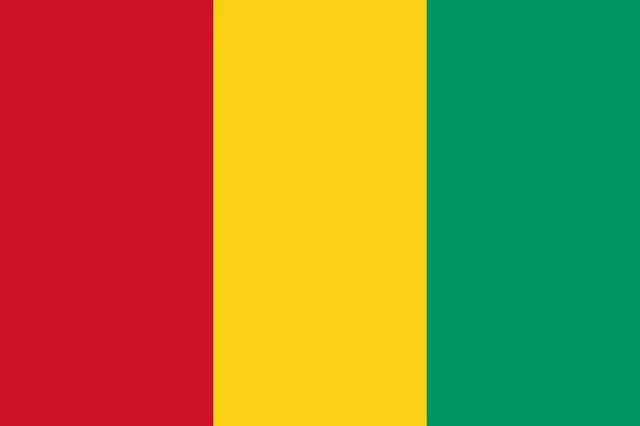The Republic of Guinea is a fairly typical African country. Situated in western Africa, this country was once a colony. After gaining independence, however, not so much has changed for the better in Guinea. Currently, this country continues to be one of the poorest in the world, and its inhabitants are mainly employed in agricultural work
Facts about Guinea
- The Republic of Guinea is one of three countries in Africa (and four in the world), in the name of which the word “Guinea” occurs. Therefore, it is sometimes confused with Equatorial Guinea, or Guinea-Bissau especially neglected cases with Papua New Guinea, which is many thousands of kilometers away from the African continent and separated from it by the Indian Ocean.
- This is one of the few African countries that have no problem with greens. About 60% of Guinea’s territory is covered with forests, although almost half of the local relief is low mountains. The bowels of the state are rich in minerals, and Guinea ranks first in the world in terms of bauxite deposits. Which, however, does not prevent this country from remaining on the list of the poorest countries in the world.
- Officially, the Republic of Guinea is called that way, but locals use Guinea-Conakry in everyday life to distinguish their country from neighboring Guinea-Bissau. Conakry is the name of the capital of Guinea, a large city with a population of about 2,200,000, that is, almost 20% of the population.
- The ancient history of these lands has not yet been studied, and no one knows when the ancestors of modern people settled here. It is only established for certain that Phoenician navigators visited the Guinean coast about 2500 years ago. Europeans showed up here in the 19th century and tried to expand trade, but trading posts were often attacked, so France built fortifications here, marking the beginning of colonization.
- Large mammals in Guinea have been exterminated almost everywhere. Previously, elephants and leopards, gorillas, and chimpanzees were found here, but it is almost impossible to see them in the wild. This is partly the “merit” of the poachers and partly – of residents who do not care about the presence of this or that animal in the Red Book because they want to eat.
- Guinea gained independence from France in 1958, after which local politicians began to demonstrate their newfound power in every possible way. It got to the point that the first Guinean president, Ahmed Sekou Toure, tried to legislatively regulate everything that came to his mind, up to the permissible number of passengers in public transport and the number of shops in the markets.
- Guinea’s climate can be called one of the most even and predictable among all countries worldwide. It’s not that it’s stable, no – it changes, but every year it happens in the same way and at the same time. Therefore, residents always know when it will rain and approximately how long it will last.
- Until the mid-70s of the XX century, medicine was prohibited by law in the Republic of Guinea. French doctors left the country immediately after it declared independence, so there are almost no doctors left here, and the task of treating people fell on the shoulders of shamans and other healers. Later, under pressure from public opinion, the ban on normal medicine was lifted. True, little has changed from this – there are almost no doctors here anyway and modern medical equipment so that most Guineans continue to use the services of shamans.
- One of the most global problems in Guinea is the lack of electricity. Most of it is generated by hydroelectric power plants, but they only work during the rainy season, when rivers are filled with water, so power outages here can last six months. In the capital, electricity is usually available every day, but only for a few hours a day. All places that can afford it use gasoline or diesel generators.
- Another important problem is the lack of freshwater, affecting more than a third of Guinea’s population. By the way, this does not prevent the Guinean authorities from exporting water to many other West African states experiencing similar difficulties.

